The human body relies on a delicate balance of fluids to maintain optimal health and functionality. Sometimes, conditions like water retention or high blood pressure necessitate the use of diuretics, substances that increase urine production and help eliminate excess fluids from the body. While pharmaceutical diuretics are widely prescribed, there is a growing interest in natural diuretics – substances found in nature that may offer similar benefits without the potential side effects associated with synthetic alternatives. So, in this article, we are going to explore top 15 natural diuretics that can help you to find a sweet balance of fluids in your body so that you can get relief from bloating, keep your kidney and other organs healthy and fully functional.
Health Benefits of Natural Diuretics
Before diving deep into all the top 15 sources, let’s discuss the health benefits that natural diuretics provide.
Fluid Retention
Natural diuretics can help combat water retention, a condition characterized by an excess buildup of fluids in tissues. This may provide relief from bloating and swelling.
Blood Pressure Management
Some diuretics, such as hibiscus and celery, have been associated with blood pressure-lowering effects, supporting cardiovascular health.

Kidney Health
By promoting regular urine production, natural diuretics may support kidney function and contribute to the elimination of waste products from the body.

Weight Management
Diuretics can aid in temporary weight loss by reducing water weight, although it’s important to note that this effect is not equivalent to fat loss.

Edema Relief
Edema, the accumulation of fluid in body tissues, may be alleviated with the use of natural diuretics, providing relief from swelling.

Top 15 Sources of Natural Diuretics for Better Fluid Balance!
It’s time to check all the 15 best natural diuretics so without further ado, let’s get started.
Dandelion
Dandelion leaves and roots contain compounds that may increase urine production by promoting the excretion of excess sodium and water. Use it in the traditional way to alleviate water retention, bloating, and support liver health.

Hibiscus
Consume Hibiscus tea, derived from the Hibiscus sabdariffa plant because Hibiscuses are great natural diuretics and may contribute to increased urine output while also exhibiting blood pressure-lowering effects. Apart from fluid balance, hibiscus tea is rich in antioxidants and may support cardiovascular health.

Caffeine
Caffeine is a compound mostly found in coffee, tea, chocolate, and some energy drinks. It stimulates the kidneys to produce more urine, contributing to increased fluid excretion. Moderate caffeine intake may improve alertness and mental focus but too much caffeine can lead to many harmful side effects on your mind and body.

Celery
This leafy green vegetable called Celery contains various compounds that may increase urine production and promote the elimination of excess fluids. Besides acting as a diuretic, celery is low in calories and a source of vitamins and minerals. The seeds of celery is the most nutritious part.
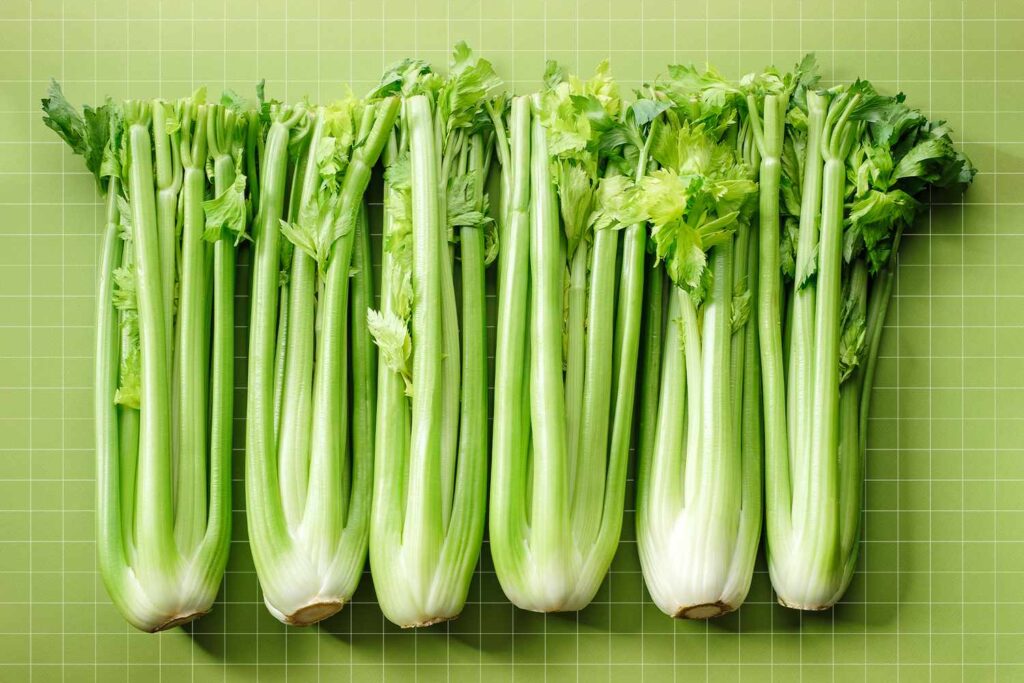
Watermelon
Watermelons are filled with water as the name suggests. They have a compound named citrulline that can make watermelons work as a natural diuretics and may contribute to increased urine output. Thus, rich in hydration, vitamins, and antioxidants, watermelon is a refreshing addition to a diuretic diet.
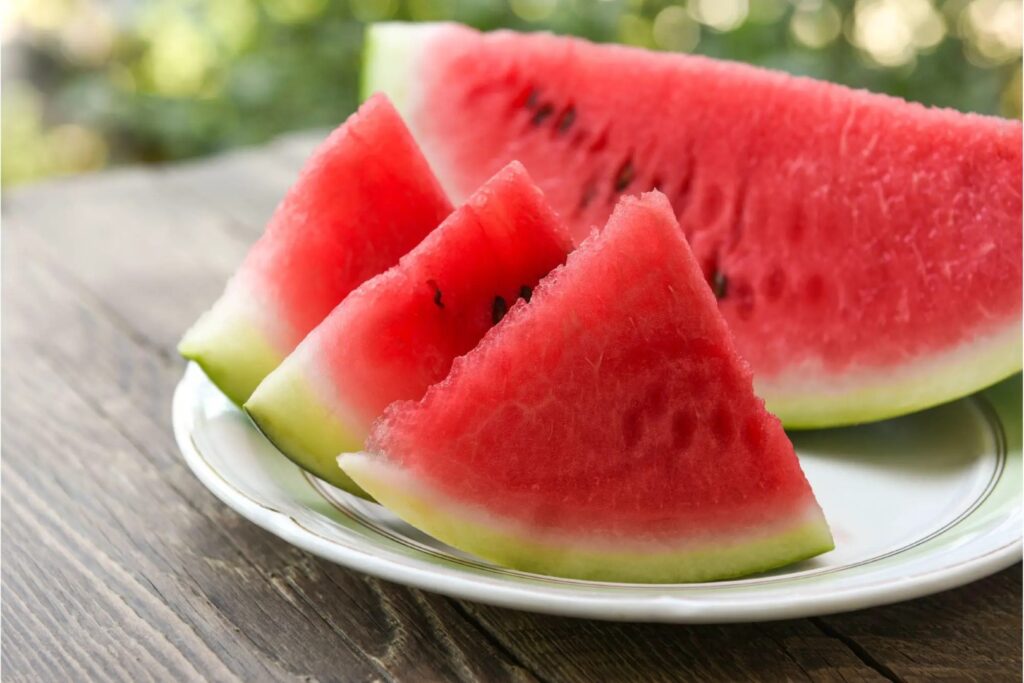
Parsley
Parsley contains compounds like apiol that have diuretic effects. Parsley is also rich source of multiple vitamins and minerals. To address urinary tract issues, consume the fresh parsley leaves with salads or add them to various dishes to add aroma and flavor.
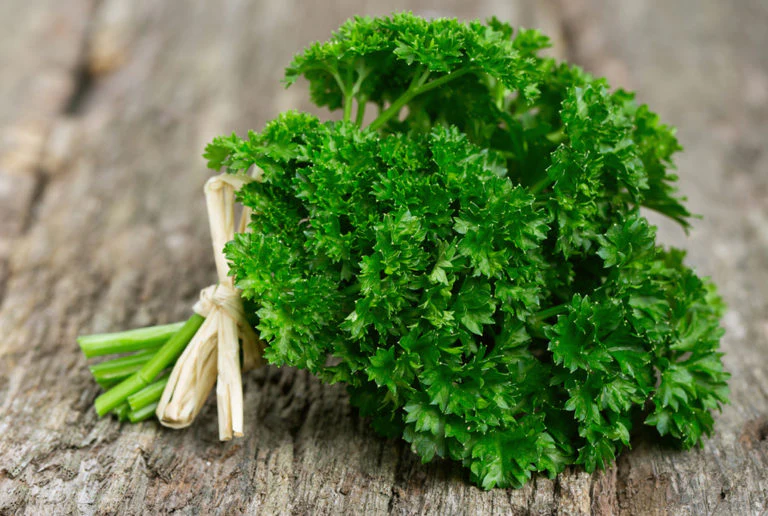
Ginger
Ginger is a versatile spice that is not only known for its anti-inflammatory and digestive benefits but also possesses diuretic properties, promoting fluid elimination. Add fresh or ground gingers in your diet for a solid diuretic diet.
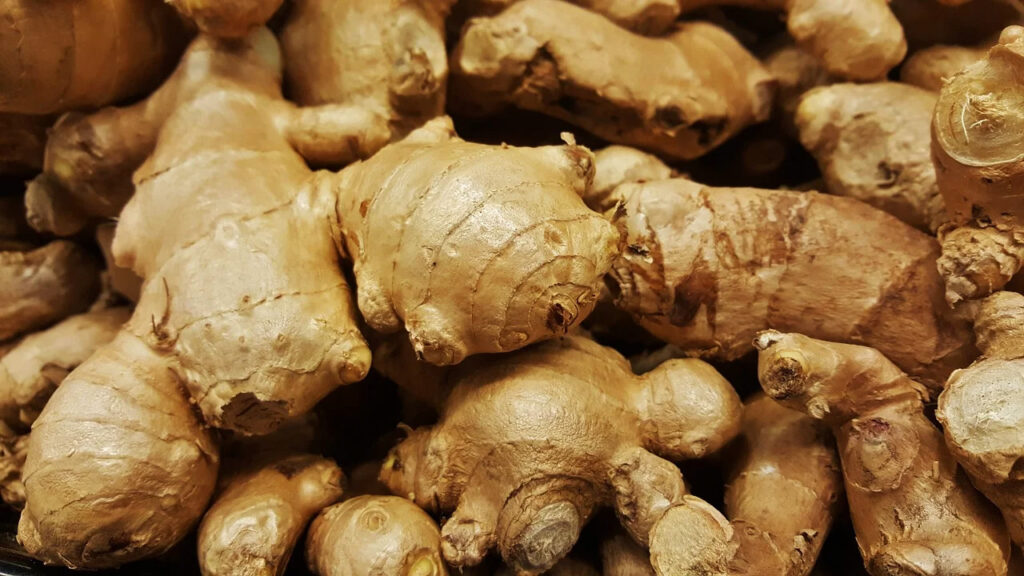
Juniper Berry
Juniper berry contains a few compounds that may stimulate the kidneys and increase urine production. Use it as herbal medicine for urinary tract issues.

Green Tea
Green tea contains caffeine and other compounds that stimulate urine production, aiding in fluid elimination. Known for its antioxidant properties, green tea is also associated with various health benefits, including potential weight management for which it has gained its fame.
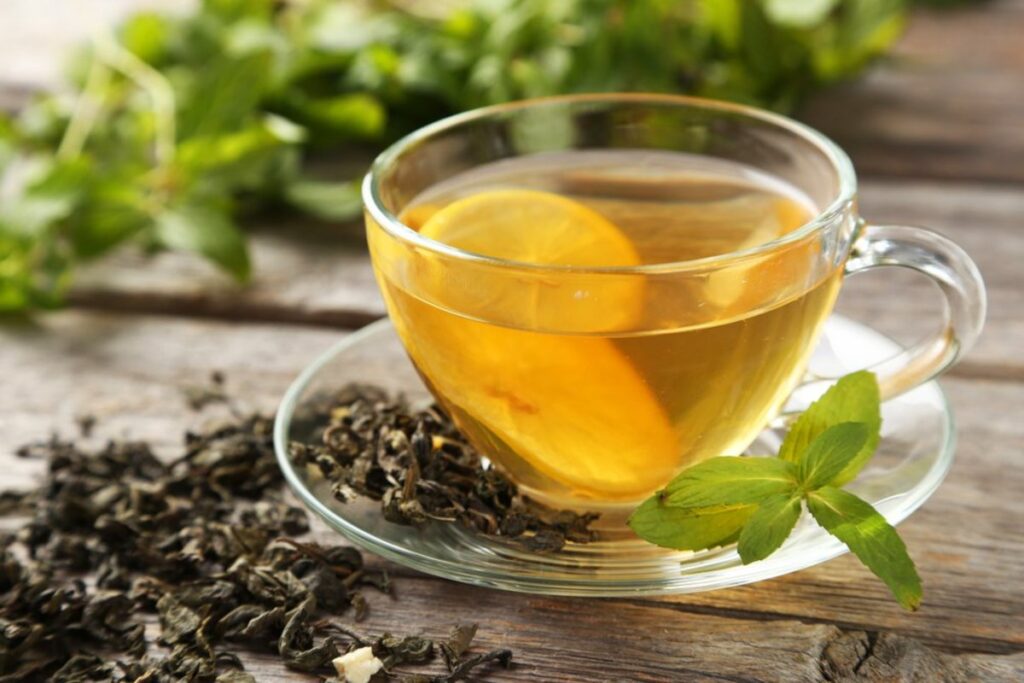
Nettle
Nettle leaves act as natural diuretics by increasing urine output. Nettle has already been used in traditional medicines as it is rich in various nutrients, vitamins and minerals.
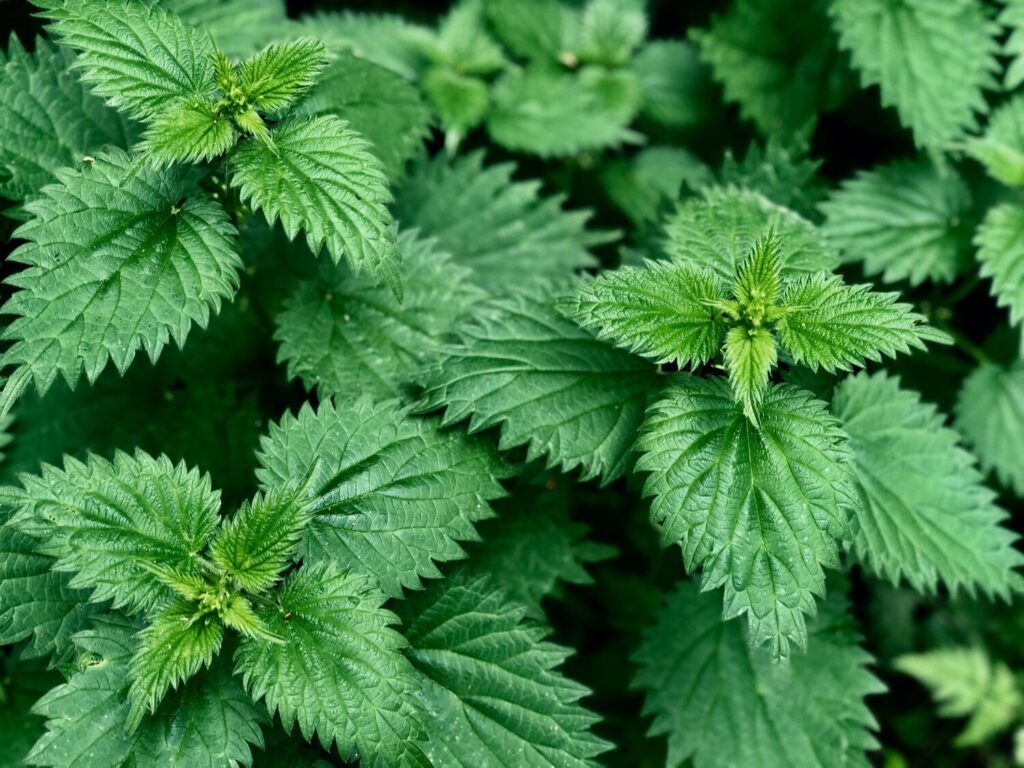
Cranberry
Cranberries have diuretic effects and is known for its potential benefits in supporting urinary tract health. They contain antioxidants and compounds that may help prevent urinary tract infections. Eat fresh cranberries or drink unsweetened cranberry juice for maximum benefits.

Asparagus
Asparagus is a nutrient-dense vegetable with vitamins, minerals, and fiber. Asparagus spears contain 1 or 2 compounds that may act as a mild diuretic so it might be a valuable addition in a diuretic diet.

Artichoke
Artichoke leave may have diuretic effects and has been used traditionally to support liver health. Moreover, artichokes are rich sources of antioxidants, fiber, and certain vitamins.
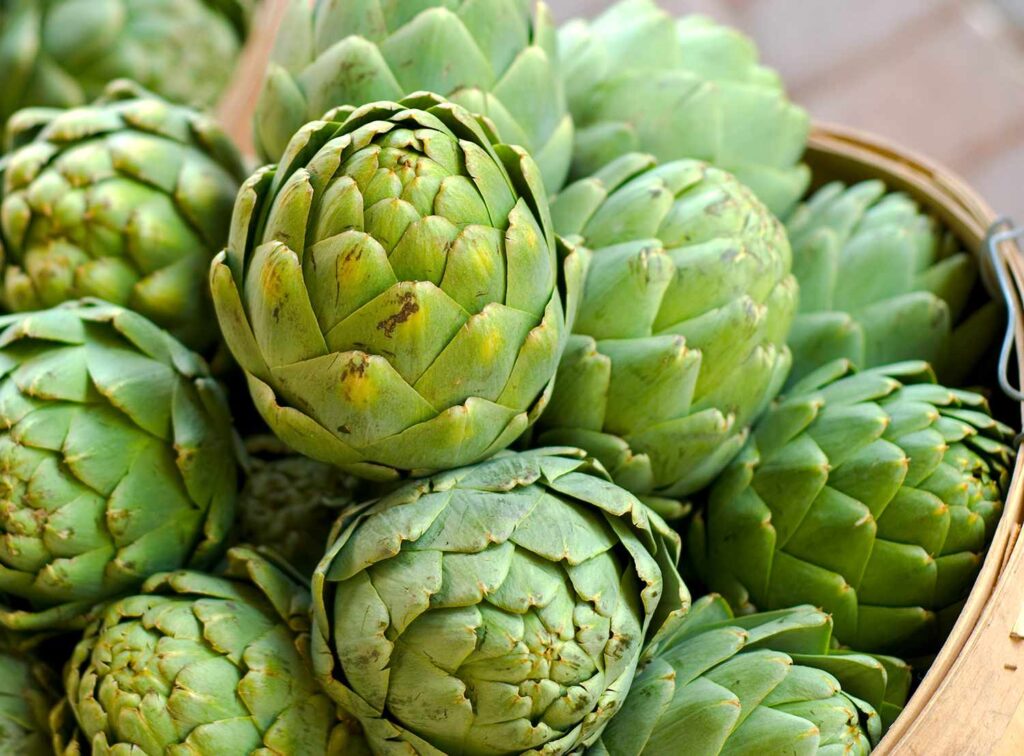
Pineapple
Pineapple is a tropical fruit filled with vitamins, enzymes, and antioxidants. It also contains bromelain, an enzyme that has diuretic properties. Add fresh pineapples in your diet for balancing the fluids in your body.
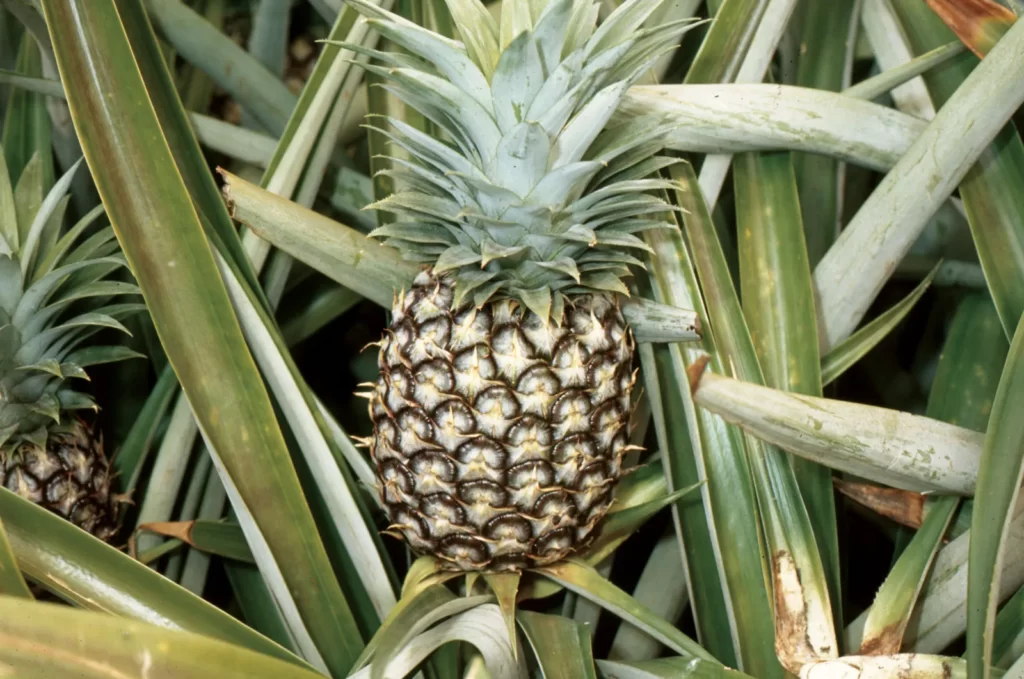
Fennel
Fennel seeds or bulbs contain diuretic properties and they are also known for digestive benefits. In addition, fennel seeds are low in calories and a good source of fiber. It is already used in the traditional medicines for various purposes but you can use fennel seeds in various dishes to add diuretic effect and aroma in your foods.

Caution & Considerations!
While these natural diuretics offer potential benefits, individual responses may vary, and it’s crucial to maintain balance and moderation because excessive use of diuretics, even natural ones, may lead to dehydration, electrolyte imbalances, and other health issues. Individuals with pre-existing medical conditions, such as kidney problems or electrolyte imbalances, or those taking medications should consult healthcare professionals before incorporating natural diuretics into their routine. Additionally, adopting a varied and nutrient-rich diet alongside these natural sources of diuretics contributes to overall health and well-being.
Also Read: Performance Enhancing Drugs: Types, Effects & Risks!
Conclusion
Natural diuretics present an intriguing avenue for those seeking to enhance fluid balance and address conditions like water retention or high blood pressure. Incorporating these substances into a well-balanced diet can provide potential health benefits, but moderation and individual considerations are key. As with any health-related decision, consulting with healthcare professionals ensures that the use of natural diuretics aligns with an individual’s specific health needs and goals, fostering a balanced and informed approach to fluid regulation and overall well-being. Hopefully, you found this article helpful enough. If you really did then let us know your valuable thoughts in the comment section below. Thanks for visiting and appreciating our work.
